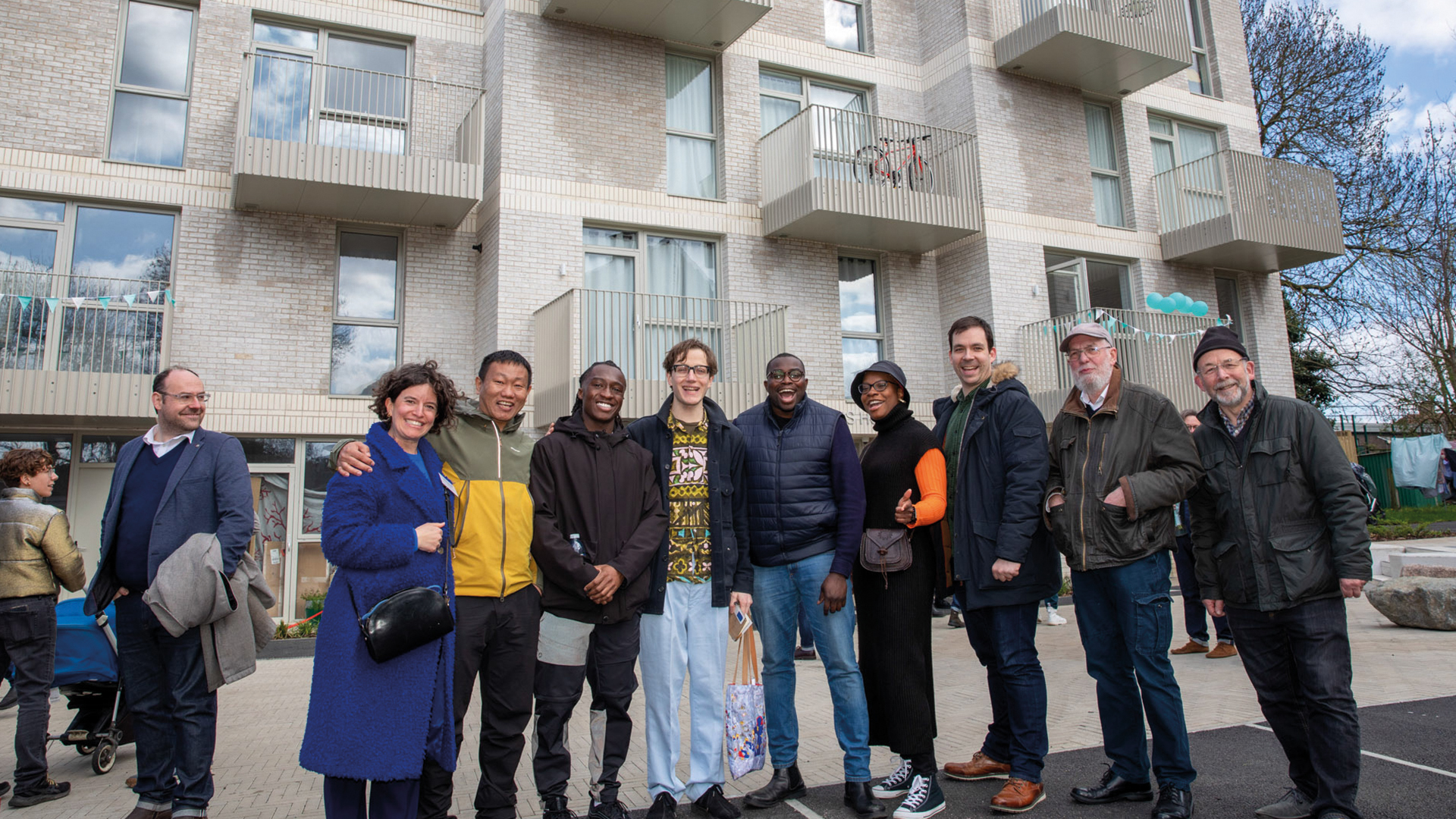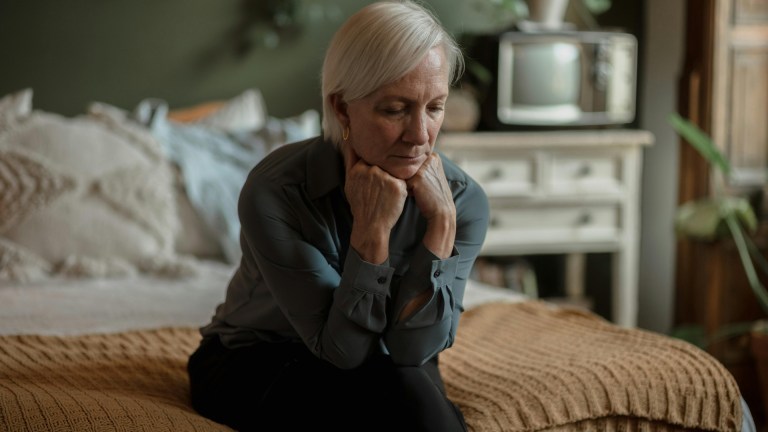In the late 1960s, community concern about homelessness saw the re-emergence of housing associations – non-profit organisations offering low-cost social housing for people on low incomes. Recognised by the government as a vital mechanism for social housing, the 1974 Housing Act gave these associations significant funding for the first time. By 1980, local authorities and housing associations had built 4.4 million homes.
In the ’80s, Margaret Thatcher’s controversial Right to Buy policy allowed tenants to buy their council houses at significant discount and forbade councils from replenishing their housing stock. Between 1980 and 1995, over two million homes were sold off, massively depleting the UK’s stock of social housing. This was not a gap that housing associations alone could fill, and the seeds of the current housing crisis were decisively sown.
There are around 1.5 million fewer social homes today than in 1980. Property developers with an obligation to build ‘affordable homes’ are permitted to define ‘affordable’ as up to 80% of the market price.
Get the latest news and insight into how the Big Issue magazine is made by signing up for the Inside Big Issue newsletter
But what if we could step outside the ever-inflating housing bubble to find another way? In Lewisham, 11 new homes have been planned, built, bought and moved into, by local working people. These homes’ values are based on the average income in the borough rather than price in the housing market, and they’ll stay like that forever. When residents move on, they’ll sell at the same value.
Citizens House is London’s first community land trust (CLT), built as a result of a 10-year campaign by Lewisham Citizens, a local community group. United in their dissatisfaction that people in the community were no longer able to afford to live in the place they grew up, they took matters into their own hands.










